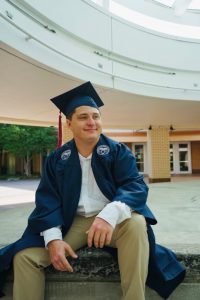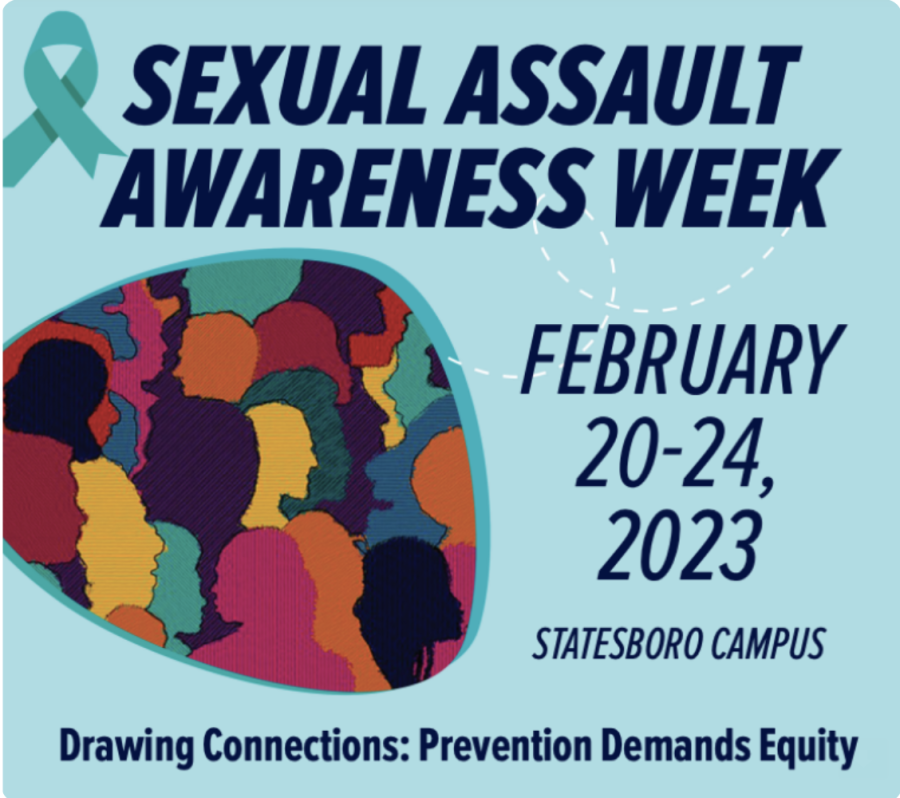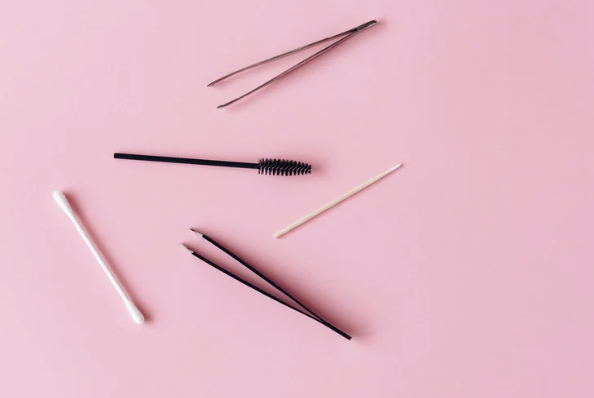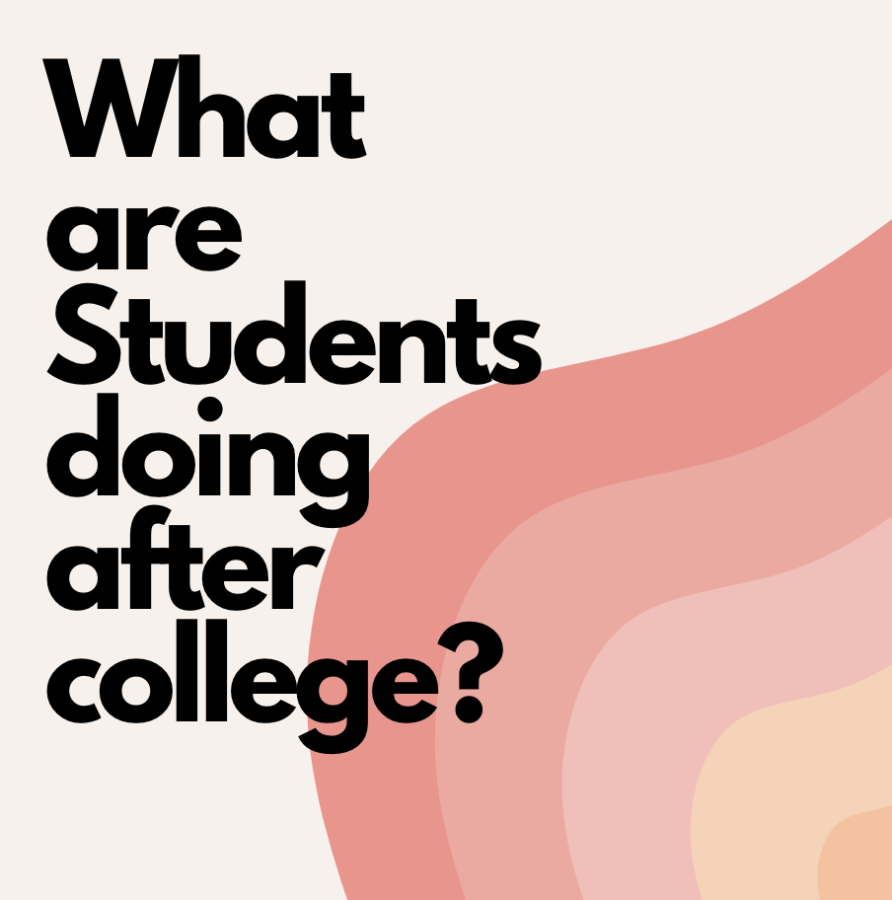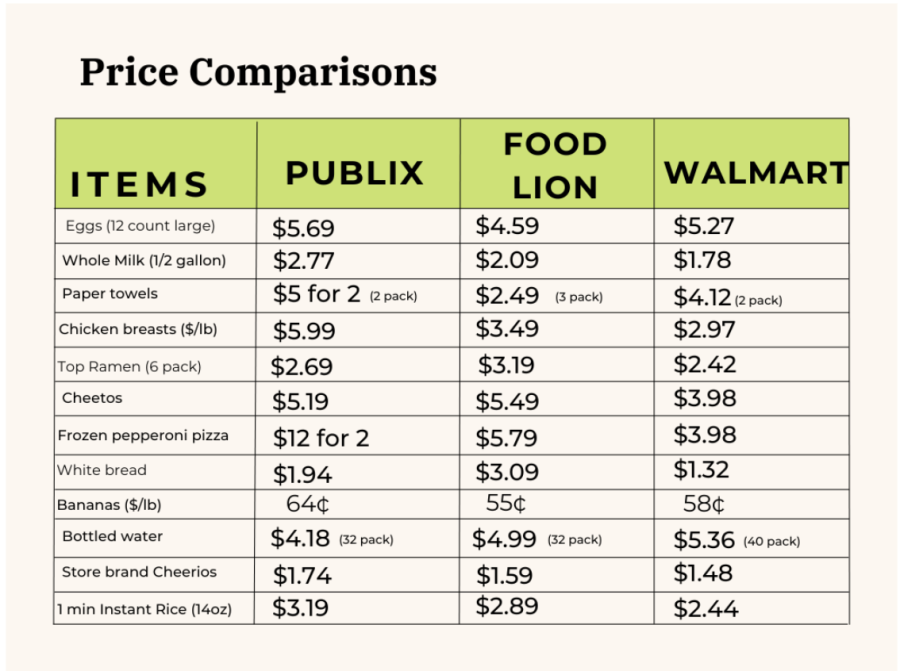It seems like just when you think you should go to bed, that friend texts you, that video game calls your name, or perhaps procrastination is rearing its ugly head. As students, we often rush from one activity to another. But let’s pause for a moment and think. How much is that lack of sleep really costing us?
Dr. Brian Deloach, the Director of Health Services, elaborated on the health impacts of sleep deprivation.
“The physical impact can include, but is not limited to poor coordination, motor slowing, impaired immune system, fatigue, and weakness,” Dr. Deloach said.
Dr. Deloach said that some of the mental impacts can include trouble understanding things, mental slowing, hyperactivity, difficulty fo cusing, irritability, or mood instability. Students might not realize the negative impact of sleep deprivation on the immune system.
cusing, irritability, or mood instability. Students might not realize the negative impact of sleep deprivation on the immune system.
One dangerous side effect of not getting enough sleep is driving tired. According to statistics from Drowsy Driving, adults ages 18 to 29 are much more likely to drive drowsy. Drowsy Driving provided a study done by researchers in Australia. This study concluded that staying up for 24 hours consecutively impaired drivers the same way a person with a .10 BAC (blood alcohol concentration) would be impaired. A BAC of .08 is considered legally drunk in the United States. The study also noted that most vehicle crashes or close accidents happen between midnight to 2 a.m., 4 a.m. to 6 a.m., and 2 p.m. to 4 p.m.
Tips on how to get more sleep from Dr. Deloach and GSU students!
- At a minimum, students should get eight hours of sleep.
- Have a consistent bedtime routine
- Don’t fall asleep watching TV, reading, or listening to music
- If you want to read in bed or watch a show, do so only for a specific time and then turn everything off.
- Don’t exercise within two hours of bedtime. It stimulates brain activity that may interfere with sleep.
- Limit or restrict caffeine intake, especially after mid-afternoon.
- Maintain a consistent sleep schedule. The concept of “catch-up sleep” really does not work.

“I like sleeping with music, or relaxing before I fall asleep,” Lily Vanga, sophomore early childhood education major said.

“I would recommend mimicking the breathing when you’re in a deep sleep, like inhaling deeply and exhaling slowly and deeply. It helps me to not be distracted by anything, and helps my mind go into that state where it’s a peaceful nothing,” said Sydnie Parodi, sophomore psychology major.

“Normally, before bed, I’ll drink a warm cup of decaffeinated tea to help me warm up so I’m more comfortable when I go to bed,” Harrison Hogan, senior chemistry major said.

“I like sleeping light, with barely any sheets,” Julian Vanga, freshman aerospace engineer major said.







